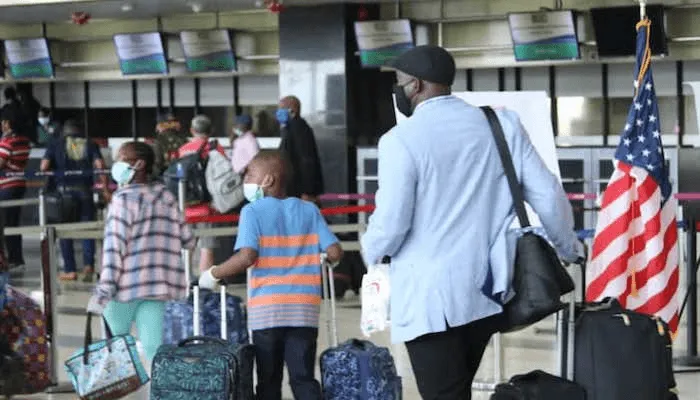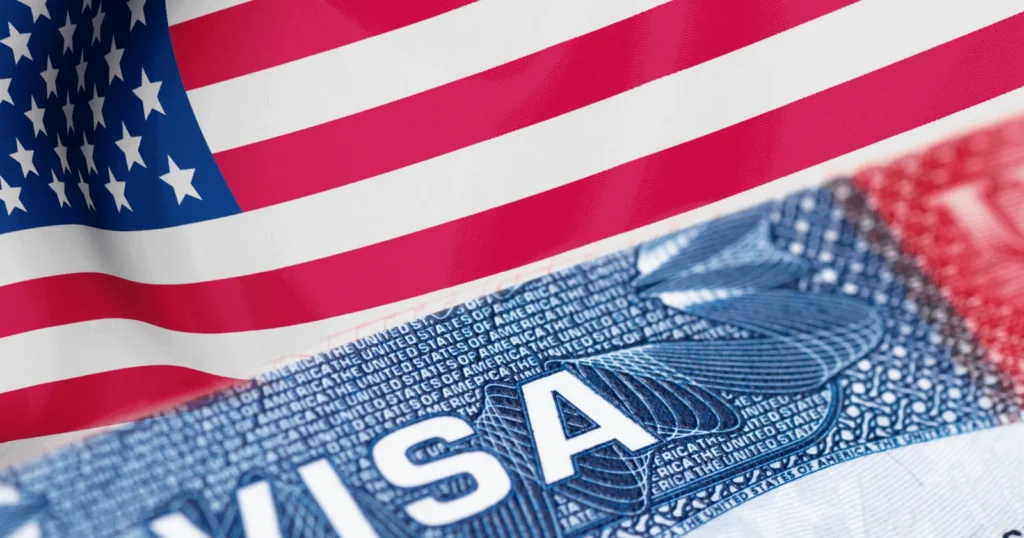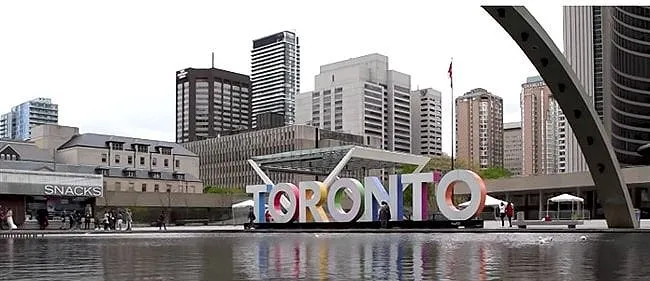Moving to the United States through a family sponsorship visa is one of the most common and legally supported immigration routes for Nigerians. The U.S. government allows citizens and lawful permanent residents (Green Card holders) to sponsor close relatives for permanent residency or for temporary family reunions under various visa categories.
Submit your Info!
This article explores the family sponsorship process for Nigerians, focusing on essential visa types like the Marriage Visa, Tourist/Visitor Visa (B-1/B-2), and other key family-based immigration routes.
Understanding Family Sponsorship Visas
Family sponsorship visas allow U.S. citizens and lawful permanent residents to petition for eligible family members to immigrate or visit the U.S. These visas can be either immigrant (permanent residency) or non-immigrant (temporary stay).
Types of Family-Based Visas
There are two broad categories:
-
Immediate Relative Immigrant Visas (IR): For close relatives of U.S. citizens (spouse, children under 21, or parents).
-
Family Preference Immigrant Visas (F): For other relatives of U.S. citizens and some relatives of lawful permanent residents.
Marriage Visa to USA from Nigeria
Marriage-based immigration is one of the most common forms of family sponsorship. If you’re married or planning to marry a U.S. citizen or Green Card holder, you may be eligible for one of the following:
CR-1 / IR-1 Spouse Visa
These are immigrant visas for the spouse of a U.S. citizen.
-
CR-1 (Conditional Resident) is for couples married less than 2 years.
-
IR-1 (Immediate Relative) is for those married more than 2 years.
Process:
-
U.S. citizen files Form I-130 (Petition for Alien Relative).
-
Once approved, the case is forwarded to the National Visa Center (NVC).
-
Applicant completes Form DS-260 and undergoes a visa interview at the U.S. Embassy in Abuja or Lagos.
-
If approved, the Nigerian spouse receives a visa to enter the U.S. and later receives a Green Card.
K-1 Fiancé(e) Visa
For Nigerians planning to marry a U.S. citizen in the United States.
Requirements:
-
Both parties must be legally free to marry.
-
Must have met in person at least once in the past two years.
-
U.S. citizen files Form I-129F.
After approval:
-
The Nigerian fiancé(e) attends a visa interview in Nigeria.
-
If successful, they enter the U.S. and must marry within 90 days.
-
Then apply for a Green Card through adjustment of status.
Tourist/Visitor Visas (B-1/B-2)
Though not directly related to permanent family immigration, B-1/B-2 visas are essential for short family visits.
B-2 Visa (Tourist/Family Visit)
This is ideal for Nigerians visiting family in the U.S. for short periods.
Key Features:
-
Typically granted for 6 months.
-
Does not allow employment or long-term residency.
Application Process:
-
Complete Form DS-160 (Online Non-Immigrant Visa Application).
-
Pay the application fee.
-
Schedule and attend an interview at the U.S. Embassy.
-
Present documentation (invitation letter from U.S. relative, proof of ties to Nigeria, financial evidence).
Common Reasons for Denial:
-
Lack of strong ties to Nigeria.
-
Suspicion of immigration intent.
Other Family Sponsorship Categories
Parent of a U.S. Citizen (IR-5 Visa)
-
U.S. citizens over 21 can sponsor biological or adoptive parents.
-
Green Card holders cannot sponsor parents.
Children of U.S. Citizens
-
IR-2: For unmarried children under 21.
-
F1/F3 Categories: For adult or married children.
Green Card Holders Sponsoring Family
-
Can sponsor spouses and unmarried children.
-
Slower processing times compared to U.S. citizen sponsorship.
Processing Time and Fees
Processing time varies based on the relationship and visa type:
-
Immediate Relatives: Typically 6–12 months.
-
Family Preference Categories: Can take several years due to annual quotas.
-
B-2 Visitor Visa: Processing is usually completed within weeks but approval is discretionary.
Estimated Costs:
-
Form I-130: $535
-
Immigrant visa application: $325
-
Medical exams, translations, and other fees: Vary
Tips for a Successful Application
-
Provide Complete Documentation: Incomplete applications are the leading cause of delays.
-
Be Honest and Consistent: Inconsistencies can lead to denial or permanent bans.
-
Demonstrate Strong Ties (for B-2): Show property ownership, employment, or family in Nigeria.
-
Prepare for Interviews: Practice common interview questions and provide truthful answers.
Family sponsorship is a powerful path for Nigerians seeking to reunite with loved ones in the U.S. Whether it’s through a spousal visa, fiancé(e) visa, or a visitor visa, understanding the process and preparing thoroughly increases your chances of success. Always stay updated with U.S. immigration policies and consult with a qualified immigration attorney if needed.



